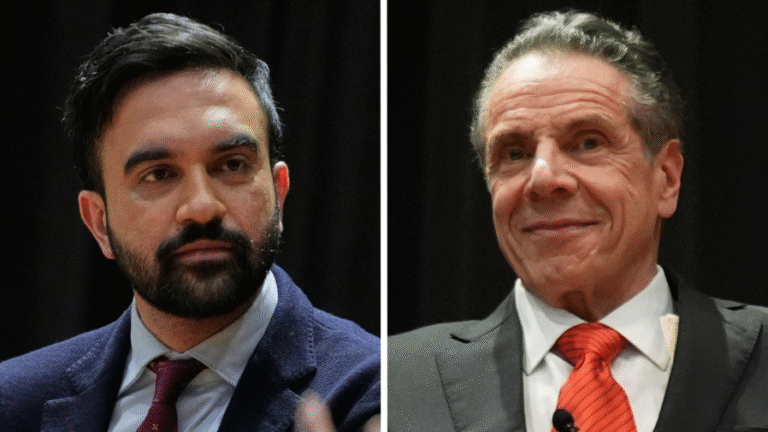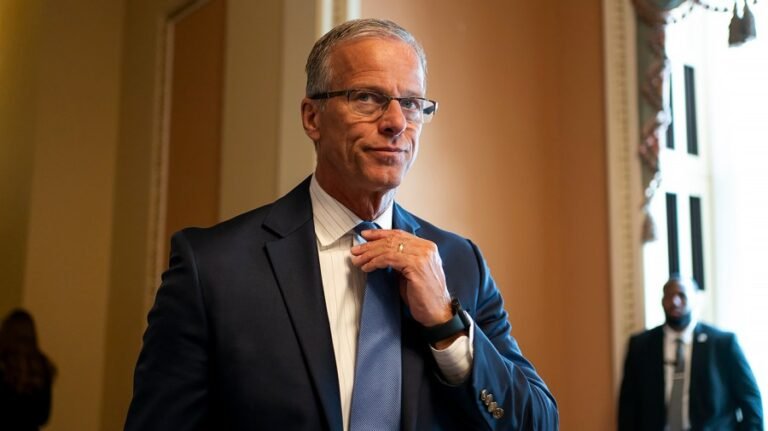
Judicial independence may seem like an esoteric subject, the kind of stuff that excites judges and lawyers but means little to the rest of us. Whether courts are free from political influence or judges follow the law rather than political dictates seems to have little to do with the price of groceries or the fate of our children. That is why many Americans don’t put the maintenance of an independent judiciary anywhere near the top of the list of the issues that matter most to them.
In fact, as the late Supreme Court Justice Sandra Day O’Connor once noted, “more than three-fourths of Americans believe that state judges should represent the views of the people of their state.”
President Trump seems to hold a similar view. On May 29, reacting to a judicial decision that he exceeded his authority by imposing tariffs, the president said courts “always must do what’s right for the country!”
This, of course, was not the first time the president has criticized judges when they do not rule in his favor. Judges and commentators bemoan these attacks and worry they are eroding judicial independence.
If critics of the president are to have any hope of enlisting the public to defend judicial independence, they must do more than make inspiring speeches on Law Day or the Fourth of July and show how it matters in their lives, in simple, easy-to-understand messages. So far, those who hope to bring the judiciary to heel have done a far better job of making their case than have its defenders.
It is time for those of us working to support the judiciary to up our game.
Americans need to be reminded repeatedly that if they get divorced and have a battle over child custody, are involved in a property dispute with their neighbor, or have problems with creditors, their fate and that of their family might well depend on having a judge who will decide their cases based on the law and facts — not on political pressure or fear of losing their job.
For example, an ad campaign could be launched showing a young person being arrested and brought to court for participating in a protest. The tagline: “If this were your child, would you want the judge to follow the Constitution or do what they thought would please the president?”
But judicial independence is not only a cornerstone of fairness and freedom — it is essential to having a vibrant and growing economy. It helps keep people employed and wages up.
Another ad: A businessperson saying, “I was thinking of investing millions in building a new factory in the United States. I would have employed a thousand people in good-paying jobs. But lately,” the ad might continue, “I am having second thoughts. I am beginning to wonder what would happen if I had a dispute with a federal regulatory agency that went to court. Would the judge want to decide my case in a way that would please the president? I can’t take that chance.”
This is not a fiction. A reliable and attractive market for business investment and job creation is undermined if courts cannot be relied on to protect property, make sure people live up to their agreements, and stand up to government agencies that exceed their power.
The World Bank, in its periodic Doing Business reports, shows that “Economic and social progress cannot be achieved without respect for the rule of law and effective protection of rights, both of which require a well-functioning judiciary.” Political scientists Michael Touchton and Michael Tyburski put it simply: “A robust and independent judiciary contributes significantly to a nation’s economic well-being by fostering legal predictability, protecting property rights, enhancing investor confidence, and curbing corruption.”
Others point out that it is not enough for countries like the United States to say their judicial system is free from political interference by the incumbent regime. They must demonstrate it. What the courts do and how political leaders react to adverse rulings is what matters most.
Countries where that is true are more prosperous than those where it is not. That is why in places like Venezuela and Hungary, where there is a history of political interference in the judiciary, economic performance has been adversely affected.
If Americans don’t want this nation to end up like them, they need to make clear in every way they can that the president must keep his hands off our courts and judges. However, they will only do so if supporters of an independent judiciary do their part.
They need to get the message out that, sooner or later, every American will pay the price for the Trump administration’s repeated attacks on the courts.
Austin Sarat is the William Nelson Cromwell Professor of Jurisprudence and Political Science at Amherst College.


